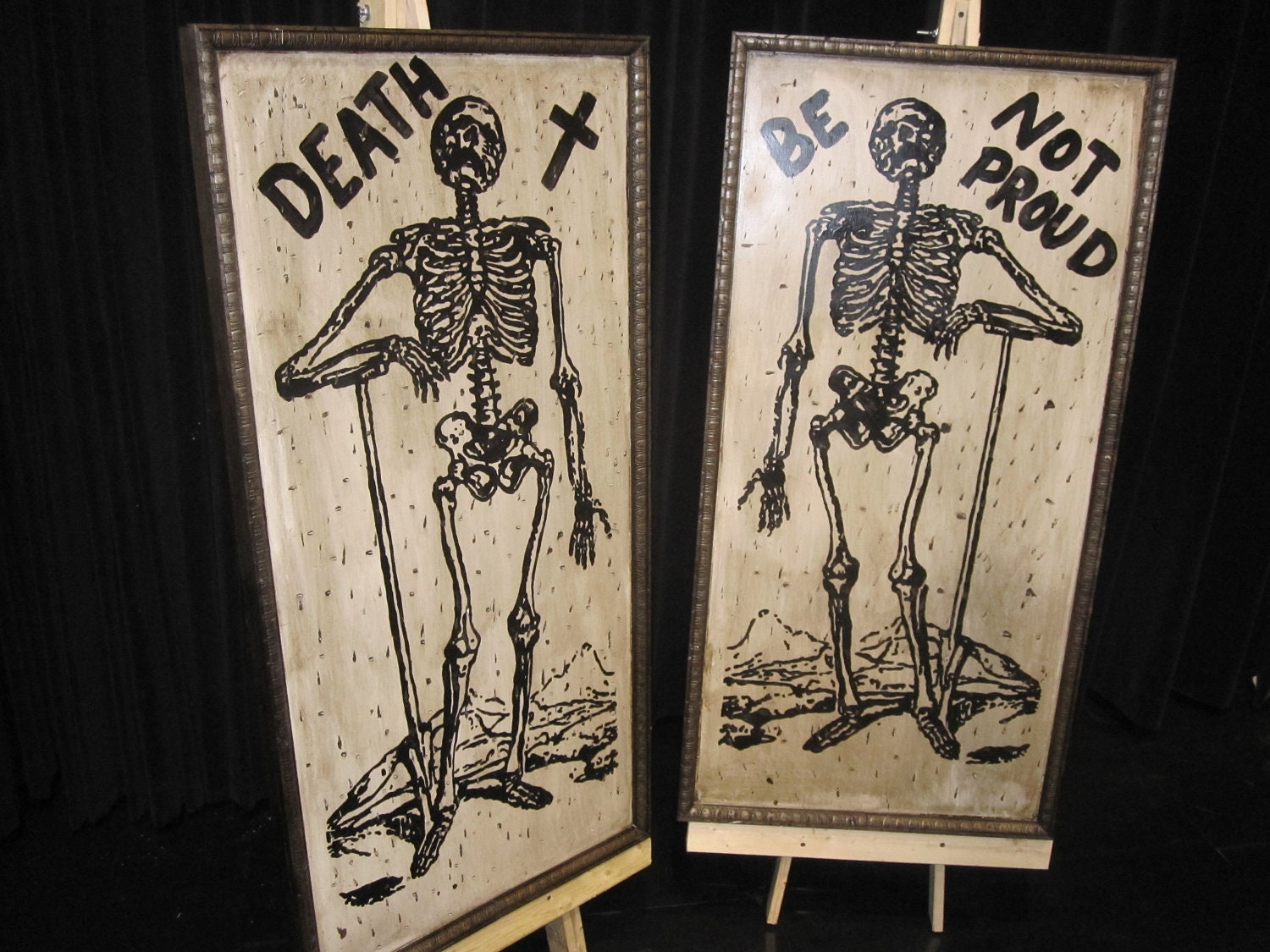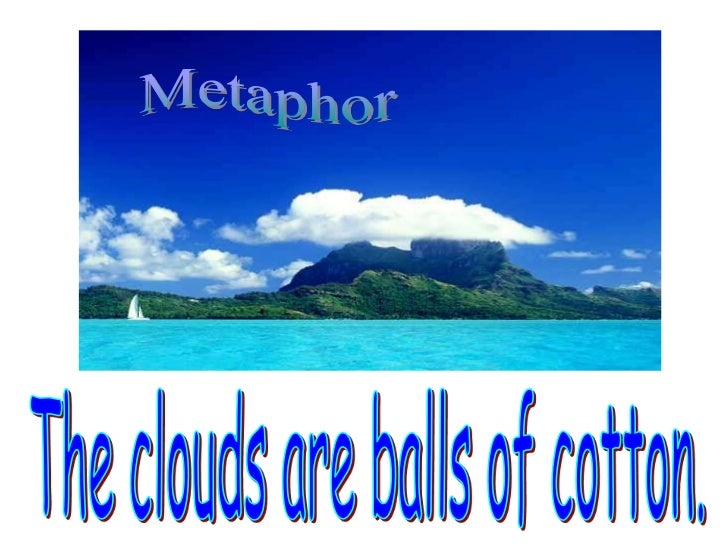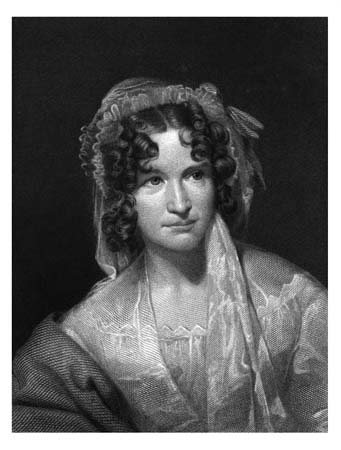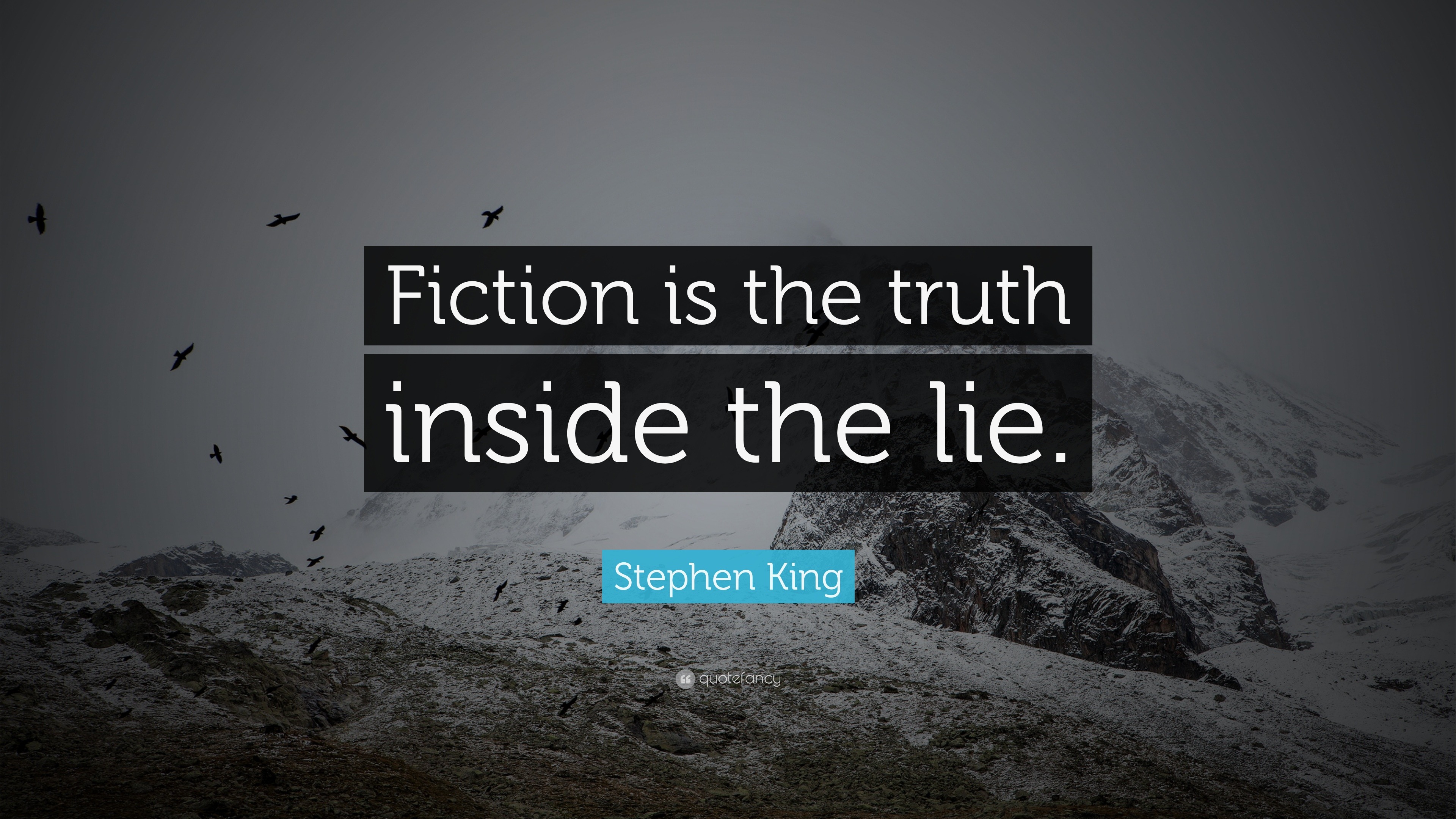Although Blake was considered mad by contemporaries for his idiosyncratic views, he is held in high regard by later critics for his expressiveness and creativity, and for the philosophical and mystical undercurrents within his work. His paintings and poetry have been characterised as part of the Romantic movement and as "Pre-Romantic". The 19th-century scholar William Rossetti characterised him as a "glorious luminary. and "a man not forestalled by predecessors, nor to be classed with contemporaries, nor to be replaced by known or readily surmisable successors".
*Poem By William Blake :
The Lamb
Little lamb, who made thee?
Does thou know who made thee,
Gave thee life, and bid thee feed
By the stream and o'er the mead;
Gave thee clothing of delight,
Softest clothing, woolly, bright;
Gave thee such a tender voice,
Making all the vales rejoice?
Little lamb, who made thee?
Does thou know who made thee?
Little lamb, I'll tell thee;
Little lamb, I'll tell thee:
He is called by thy name,
For He calls Himself a Lamb.
He is meek, and He is mild,
He became a little child.
I a child, and thou a lamb,
We are called by His name.
Little lamb, God bless thee!
Little lamb, God bless thee!
> Summary : To make this poem a little more fun, let's imagine it from the lamb's perspective. There we are, munching on some grass in a beautiful English valley, when suddenly some little rug-rat kid comes running up for a chat. He asks if we know who made us, to which our answer is, "(Munch, munch) This grass is delicious!"
He asks if we know who gave us life and made us eat this sweet, sweet grass as we roam through fields and next to streams. He asks if we know who gave us our "clothing wooly bright" (6) and our pleasant voices.
Then he says he's going to tell us who made him. He says our creator is also called a "Lamb" because he was so "meek" and "mild" (15). Despite being a lamb, this creator also "became a little child" (16).
Finally, he blesses us twice in the name of God and runs away.

The Tyger
Tyger! Tyger! burning bright
In the forests of the night,
What immortal hand or eye
Could frame thy fearful symmetry?
In what distant deeps or skies
Burnt the fire of thine eyes?
On what wings dare he aspire?
What the hand, dare sieze the fire?
And what shoulder, & what art,
Could twist the sinews of thy heart?
And when thy heart began to beat,
What dread hand? & what dread feet?
What the hammer? what the chain?
In what furnace was thy brain?
What the anvil? what dread grasp
Dare its deadly terrors clasp?
When the stars threw down their spears,
And water'd heaven with their tears,
Did he smile his work to see?
Did he who made the Lamb make thee?
Tyger! Tyger! burning bright
In the forests of the night,
What immortal hand or eye
Dare frame thy fearful symmetry?
> Summary : "The Tyger" is a poem made of questions. There are no less than thirteen question marks and only one full sentence that ends with a period instead of a question mark. Addressing "The Tyger," the speaker questions it as to its creation – essentially: "Who made you Mr. Tyger?" "How were you made? Where? Why? What was the person or thing like that made you?"
The poem is often interpreted to deal with issues of inspiration, poetry, mystical knowledge, God, and the sublime (big, mysterious, powerful, and sometimes scary. Ever heard the phrase, "To love God is to fear him"? That’s talking about something sublime). But it’s not about any one thing: this is William Blake.
- The first stanza opens the central question: "What immortal hand or eye, / Could frame thy fearful symmetry?"
- The second stanza questions "the Tyger" about where he was created.
- The third about how the creator formed him.
- The fourth about what tools were used.
- The fifth stanza goes on to ask about how the creator reacted to his creation ("the Tyger") and who exactly was this creator.
- Finally, the sixth restates the central question while raising the stakes; rather than merely question what/who could create the Tyger, the speaker wonders: who dares.

Robert Frost
Robert Lee Frost (March 26, 1874 – January 29, 1963) was an American poet. His work was initially published in England before it was published in America. He is highly regarded for his realistic depictions of rural life and his command of American colloquial speech. His work frequently employed settings from rural life in New England in the early twentieth century, using them to examine complex social and philosophical themes. One of the most popular and critically respected American poets of the twentieth century, Frost was honored frequently during his lifetime, receiving four Pulitzer Prizes for Poetry. He became one of America's rare "public literary figures, almost an artistic institution." He was awarded the Congressional Gold Medal in 1960 for his poetic works. On July 22, 1961, Frost was named poet laureate of Vermont.
 >> Personal Life : Robert Frost's personal life was plagued with grief and loss. In 1885 when he was 11, his father died of tuberculosis, leaving the family with just eight dollars. Frost's mother died of cancer in 1900. In 1920, he had to commit his younger sister Jeanie to a mental hospital, where she died nine years later. Mental illness apparently ran in Frost's family, as both he and his mother suffered from depression, and his daughter Irma was committed to a mental hospital in 1947. Frost's wife, Elinor, also experienced bouts of depression.
>> Personal Life : Robert Frost's personal life was plagued with grief and loss. In 1885 when he was 11, his father died of tuberculosis, leaving the family with just eight dollars. Frost's mother died of cancer in 1900. In 1920, he had to commit his younger sister Jeanie to a mental hospital, where she died nine years later. Mental illness apparently ran in Frost's family, as both he and his mother suffered from depression, and his daughter Irma was committed to a mental hospital in 1947. Frost's wife, Elinor, also experienced bouts of depression.
Elinor and Robert Frost had six children: son Elliot (1896–1904, died of cholera); daughter Lesley Frost Ballantine (1899–1983); son Carol (1902–1940, committed suicide); daughter Irma (1903–1967); daughter Marjorie (1905–1934, died as a result of puerperal fever after childbirth); and daughter Elinor Bettina (died just three days after her birth in 1907). Only Lesley and Irma outlived their father. Frost's wife, who had heart problems throughout her life, developed breast cancer in 1937, and died of heart failure in 1938.
*Poems by Robert Frost
Stopping by Woods on a Snowy Evening
Whose woods these are I think I know.
His house is in the village though;
He will not see me stopping here
To watch his woods fill up with snow.
My little horse must think it queer
To stop without a farmhouse near
Between the woods and frozen lake
The darkest evening of the year.
He gives his harness bells a shake
To ask if there is some mistake.
The only other sound’s the sweep
Of easy wind and downy flake.
The woods are lovely, dark and deep,
But I have promises to keep,
And miles to go before I sleep,
And miles to go before I sleep.
> Summary : One evening, the speaker stops to watch the snow falling through the trees. His horse seems anxious to keep going, but the speaker stays a while longer, thinking of the beauty of the woods.
- The speaker stops his horse outside some woods that belong to a farmer he thinks he knows.
- Hearing his horse's bells jingle, the speaker imagines that the animal is worried about the cold and wants to keep going.
- In the end, the speaker moves on, but emphasizes the beauty of the woods he has passed.

The Road Not Taken
Two roads diverged in a yellow wood,
And sorry I could not travel both
And be one traveler, long I stood
And looked down one as far as I could
To where it bent in the undergrowth;
Then took the other, as just as fair,
And having perhaps the better claim,
Because it was grassy and wanted wear;
Though as for that the passing there
Had worn them really about the same,
And both that morning equally lay
In leaves no step had trodden black.
Oh, I kept the first for another day!
Yet knowing how way leads on to way,
I doubted if I should ever come back.
I shall be telling this with a sigh
Somewhere ages and ages hence:
Two roads diverged in a wood, and I—
I took the one less traveled by,
And that has made all the difference.
> Summary : Our speaker has come to a fork in a path in the woods. It's fall, and the leaves are turning colors. He's unsure which way to go, and wishes he could go both ways. He looks down one path as far as he can see, but then he decides to take the other. He thinks the path he decides to take is not quite as worn as the other one, but really, the paths are about the same, and the fallen leaves on both look pretty fresh.
The speaker reflects on how he plans to take the road that he didn't take another day, but suspects that he probably won't ever come back. Instead, far off in the future, he'll be talking about how his decision was final and life changing.

He is considered the pre-eminent representative of the metaphysical poets. His works are noted for their strong, sensual style and include sonnets, love poems, religious poems, Latin translations, epigrams, elegies, songs, satires and sermons. His poetry is noted for its vibrancy of language and inventiveness of metaphor, especially compared to that of his contemporaries. Donne's style is characterised by abrupt openings and various paradoxes, ironies and dislocations. These features, along with his frequent dramatic or everyday speech rhythms, his tense syntax and his tough eloquence, were both a reaction against the smoothness of conventional Elizabethan poetry and an adaptation into English of European baroque and mannerist techniques. His early career was marked by poetry that bore immense knowledge of English society and he met that knowledge with sharp criticism. Another important theme in Donne's poetry is the idea of true religion, something that he spent much time considering and about which he often theorized. He wrote secular poems as well as erotic and love poems. He is particularly famous for his mastery of metaphysical conceits.
*Poems by John Donne
Death, Be No Proud
Death, be not proud, though some have called thee
Mighty and dreadful, for thou are not so;
For those whom thou think'st thou dost overthrow
Die not, poor Death, nor yet canst thou kill me.
From rest and sleep, which but thy pictures be,
Much pleasure; then from thee much more must flow,
And soonest our best men with thee do go,
Rest of their bones, and soul's delivery.
Thou'art slave to fate, chance, kings, and desperate men,
And dost with poison, war, and sickness dwell,
And poppy'or charms can make us sleep as well
And better than thy stroke; why swell'st thou then?
One short sleep past, we wake eternally,
And death shall be no more; Death, thou shalt die.
> Summary : Right off the bat, the speaker starts talking smack to Death, whom he treats as a person. He tells Death not to be so proud, because he’s really not as scary or powerful as most people think. The speaker starts talking in contradictions, saying that people don’t really die when they meet Death – and neither will the speaker. Then, he really tries to burn Death’s biscuit by comparing him to "rest and sleep," two things that aren’t scary at all. Next, to paraphrase Billy Joel, the speaker claims that "only the good die young," because the best people know that death brings pleasure, not pain.
As if this isn’t enough trash-talk, the speaker kicks it up a notch, calling Death a "slave" and accusing him of hanging out with those lowlifes "poison, war, and sickness." Besides, we don’t need Death – the speaker can just take drugs, and it will have the same effect: falling asleep. So death is just a "short sleep," after which a good Christian will wake up and find himself in Eternity. Once this happens, it will seem like Death has died.














